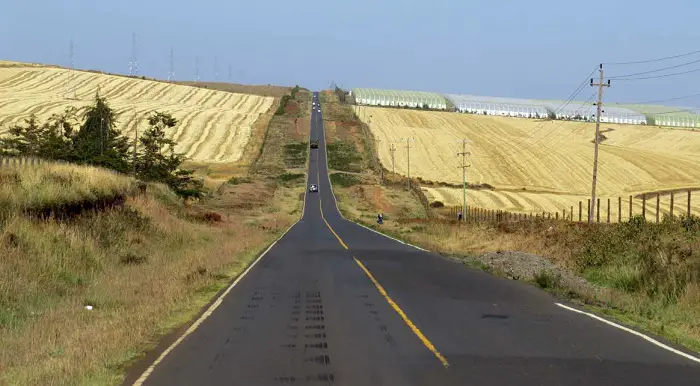National Construction Authority (NCA) is now a partner in the upcoming Ahero-Isebania Road Project. The project, funded by the Africa Development Bank, also includes the Kenya National Highways Authority (KENHA) and the Kenya Institute of Highways Building Technology (KIHBT).
KENHA is mandated to manage, develop, rehabilitate and maintain local and international trunk roads, while KIHBIT is a major training institution, churning out 3,000 graduates annually. KENHA is managing the overall project, while KIHBIT is training the prospective contractors in the area on specific roads courses.
NCA’s role in the project is twofold. The Authority will train 500 women and youth contractors on basic construction courses, and will provide a monitoring and evaluation proponent for the entire project.
Additionally, NCA is also undertaking a capacity assessment for domestic construction, encompassing contractors and other professionals in the roads, building, water, electrical and mechanical sub sectors.
The agreement between the three agencies will be in the form of a Memorandum of Understanding which will cover a two year period. The project is set to take place across 5 counties, namely Migori, Nyamira, Kisumu, Kisii and Homa Bay.
The Ahero-Isebania road section forms part of the southern link of the Tanzania-Kenya-South Sudan Road (Sirare) Corridor, which is an international trunk road running parallel to the Western border between Kenya and both Tanzania and Uganda. It serves as the main trade route between Kisumu port (Kenya) and Mwanza port (Tanzania)—the key trading centres within the Lake Victoria basin.
The project aims at facilitating inter-regional movement of passengers and freight, widening of access to local markets, and enhancing connectivity with social and economic centres in the region.
It entails rehabilitation works for Isebania-Kisii-Ahero road (172km) and upgrading of associated feeder roads (77km) linking with the main roadway; assessment of domestic construction capacity; establishment of post-crash care & injury recovery centre, road crash database, and empowerment of small-to-medium women and youth contractors through targeted training—to improve capacity for road maintenance. Ancillary works include: community water supply; roadside markets to improve local business environment and road safety.
The existing road was constructed in 1969 and continues to serve with maintenance interventions. Current traffic is estimated at between 4,000 and 7,000 vehicles per day.
The growing transit traffic is constrained by inadequate geometrics and worsening road safety situation. Proposed improvement works are thus critical to improving travel conditions and boosting cross border trade.
The project is estimated to cost USD 280.3 million, and is co-financed by the African Development Bank (AfDB) (81.4%), Africa Infrastructure Trust Fund (4%), and Government of Kenya (14.6%). The implementation period is 5 years (2016–2021).
Beneficiaries include 2 million people directly served by the road project and feeder roads network, poised to benefit from expanded market size and improved access to social services. Regional beneficiaries include farmers, manufacturers and traders benefiting from reduced transport costs.

Leave a Reply